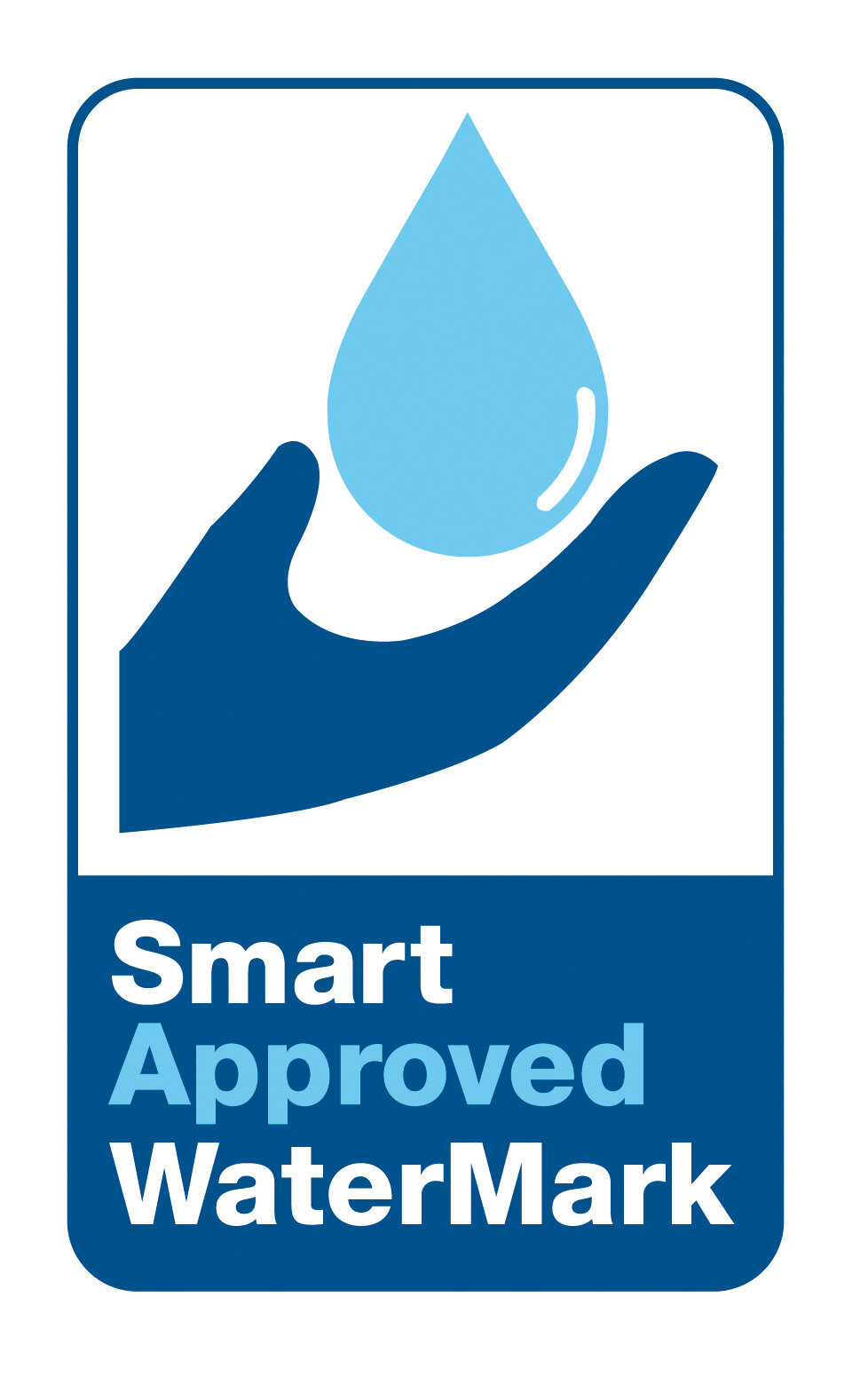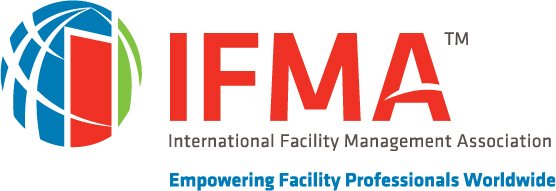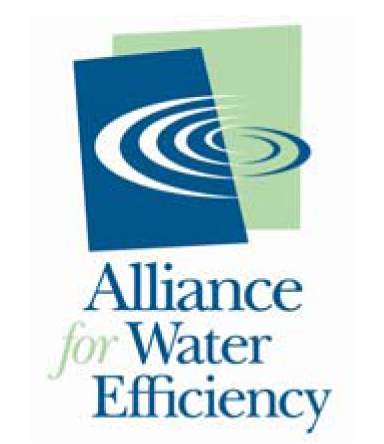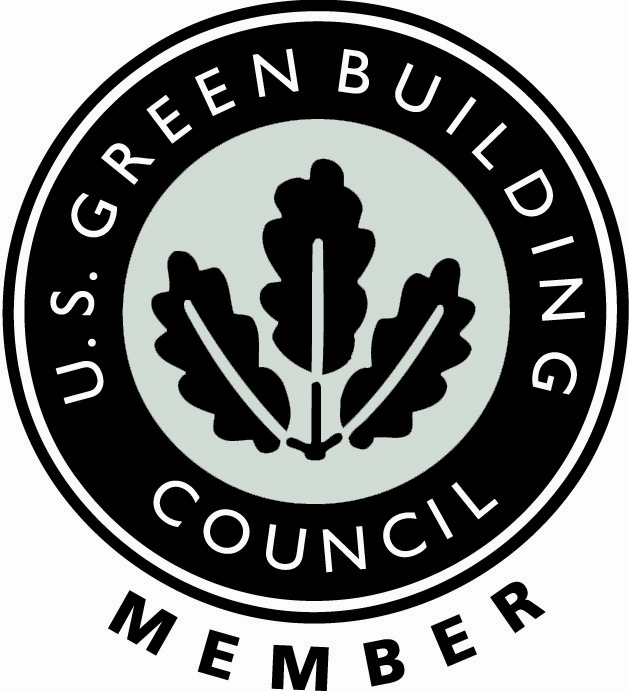Growing up in Germany, there were occasional droughts, some of which were serious and long-lasting. Still, I do not remember these droughts negatively impacting my family, my school, or others in my community.
Of course, if we were asked to reduce water consumption during these droughts, we would do so. However these droughts did not interrupt our lifestyles, those of our neighbors, or businesses throughout the country.
It was not until I moved to California that I realized how water – or lack thereof – could impact people’s lives. Throughout history, California has experienced droughts.
One of the worst I experienced was in 1976-1977. While it only lasted one year, most everyone in the state was limited to five-minute showers, and even the amount of water used to brush your teeth was reduced to just a few drops.
The problem in California, when it comes to water and droughts, is that they are so frequent – and they are getting more frequent today with changes in the climate. In addition to this, they last longer.
For instance, since my first experience with a California drought that lasted just one year, there have been three more of importance:
• The 1986 drought lasted five years.
• The 2006 drought went on for four years.
• The 2011 drought continued for six years.
And today, the state’s current drought, which officially began in October 2019, may be the worst drought the state has ever experienced.
With this drought, people all over California are beginning to realize our climate is changing and it is negatively impacting water. We are moving from frequent droughts, which lasted one to a few years, to permanent drought conditions, now referred to as aridification.
As for me and in regards to water, I guess I was ahead of the game. I realized years ago that these frequent and more prolonged droughts in California were ominous signs for the future. The state’s population and businesses were growing tremendously, but the amount of potable water available was decreasing.
I assumed then, and I believe now, we have reached a tipping point. We must find ways in California, around the country, and around the world to reduce consumption, and that is how I got involved with waterless urinals.
Years ago, one traditional urinal could use as much as 50,000 gallons of water per year. Not only was that not sustainable, but it was simply wasteful.
This triggered my interest in waterless urinals then and has increased my interest in waterless urinals and water efficiency ever since.
In the past few years, our company has gone from not only marketing waterless urinals but to working on convincing people throughout North America and internationally that we must use water more efficiently!
Klaus Reichardt is CEO and founder of Waterless Co, Inc, pioneers in advancing water efficiency. Reichardt founded the company in 1991 with the goal of establishing a new market segment in the plumbing fixture industry with water efficiency in mind. Reichardt is a frequent writer and presenter, discussing water conservation issues. He can be reached at klaus@waterless.com










